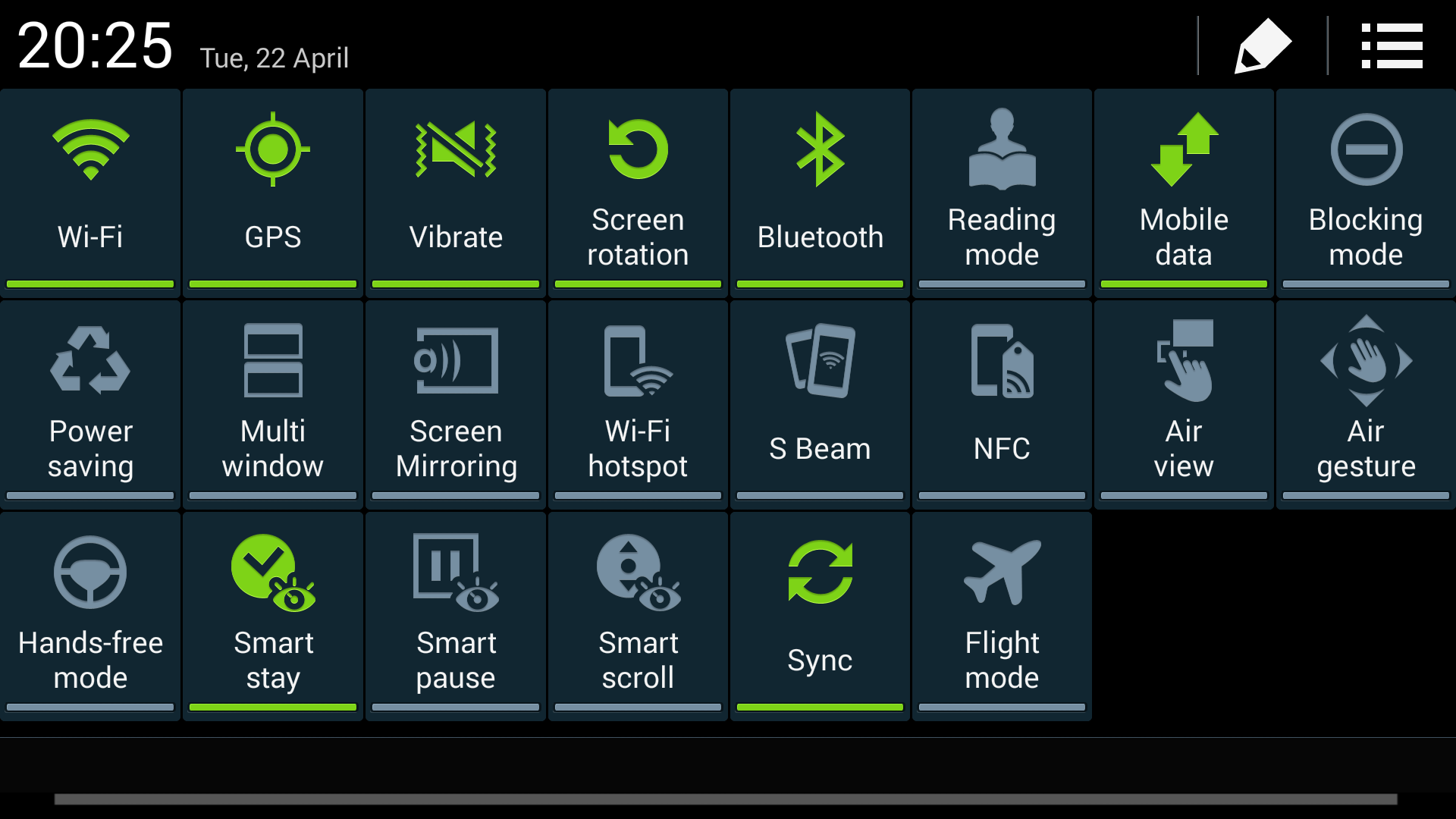
The Carat research team from University of Helsinki publishes a dataset from the Carat project (http://carat.cs.helsinki.fi/) focusing on collaborative energy diagnostics of mobile devices and applications. The dataset was presented at the IEEE PerCom’15 conference last spring in the publication "Energy Modeling of System Settings: A Crowdsourced Approach" that won the Marc Weiser Best Paper Award given at the conference.
The dataset contains different smartphone context factors, such as system settings and subsystem variables, and energy rates from 149,788 mobile devices of 2535 different Android models during 2013 and beginning of 2014. In total, there are 11,209,125 data items. They contain, for example, information about Wi-Fi and mobile network usage and quality, screen brightness levels, battery temperature and voltage measurements, and CPU usage. The data can be freely used for research and educational purposes.
In our work, we show how combinations of different system settings and subsystem variables can be used to model and predict energy usage of mobile devices. Some system settings have a direct and significant correlation with energy consumption, for example screen brightness and network connectivity. The energy impact of other system settings and their combinations can be much more difficult to predict, such as the combination of roaming, high operating temperature, and bad signal strength. Our work demonstrates that the energy impact of these non-trivial system setting combinations can be significant, and presents a new learning based method for assessing this impact.

Read more about the dataset and our research:
Ella Peltonen, Eemil Lagerspetz, Petteri Nurmi, and Sasu Tarkoma. Constella: Recommending System Settings the Crowdsourced Way. Pervasive and Mobile Computing. To appear 2016.
Online http://www.sciencedirect.com/science/article/pii/S1574119215001959
Ella Peltonen, Eemil Lagerspetz, Petteri Nurmi, and Sasu Tarkoma. Energy Modeling of System Settings: A Crowdsourced Approach. In Proceedings of the IEEE International Conference on Pervasive Computing and Communications, PerCom '15, St. Louis, MO, USA, March 23-27, 2015.
Online http://ieeexplore.ieee.org/xpl/articleDetails.jsp?arnumber=7146507
The Carat context factor dataset can be downloaded from our website http://carat.cs.helsinki.fi/#Research

